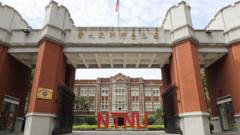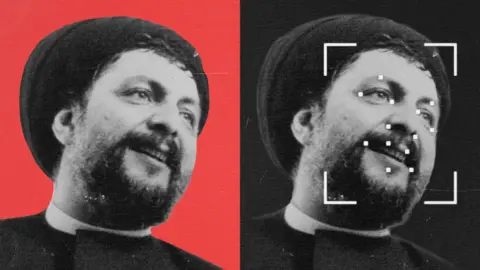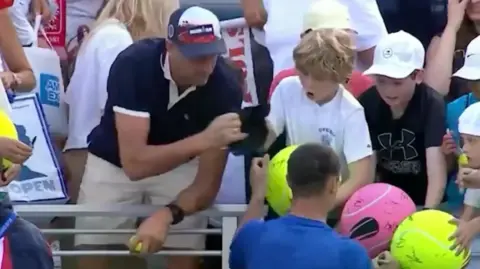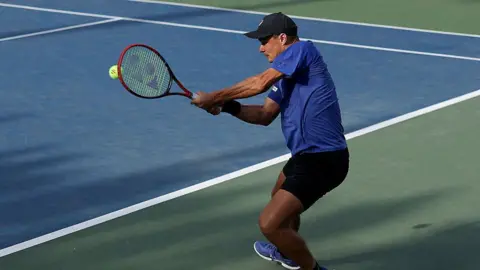Chou, 61, admitted to encouraging students to provide blood, stating her intentions were to aid her under-resourced team that frequently suffered injuries. However, the purpose of the blood donations remains unclear. In her apology, she expressed regret for any pressure exerted on students and acknowledged the potentially harmful impacts of her actions.
An investigation revealed that some students donated blood daily, with samples later deemed contaminated and unusable. Initial allegations suggested that participants were compelled to give multiple samples each day over extended periods, exacerbating concerns about the research's ethicality and safety.
NTNU's principal Wu Cheng-chi also issued an apology, acknowledging the school's negligence in overseeing the program and stating that university ethics and procedural guidelines must be reassessed. Taiwan's deputy education minister confirmed that the case would be further reviewed by the ministry, which may also reevaluate the coaching credentials of implicated staff.
An investigation revealed that some students donated blood daily, with samples later deemed contaminated and unusable. Initial allegations suggested that participants were compelled to give multiple samples each day over extended periods, exacerbating concerns about the research's ethicality and safety.
NTNU's principal Wu Cheng-chi also issued an apology, acknowledging the school's negligence in overseeing the program and stating that university ethics and procedural guidelines must be reassessed. Taiwan's deputy education minister confirmed that the case would be further reviewed by the ministry, which may also reevaluate the coaching credentials of implicated staff.






















